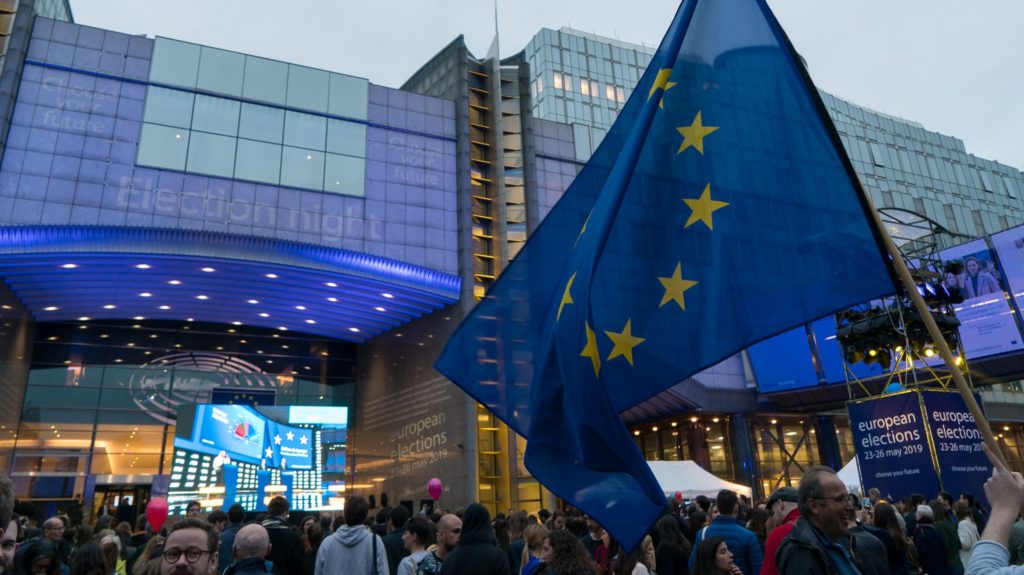ROME — It’s the nature of Catholic social teaching to be a terribly imperfect fit with the left/right dynamics of Western politics, which have dominated things since the French Revolution. Conservatives tend to be good on religious freedom life issues and tradition, while liberals generally back the church’s peace-and-justice agenda but are often tone-deaf on much of the rest.
As a result, it’s pretty much always a glass half full or half empty exercise when one asks about the relationship between a given pope and a specific Western government.
For instance, how should one characterize the bond between President Joe Biden, only the second Catholic Commander-in-Chief in American history, and Pope Francis? Biden obviously is an enthusiast for much of Francis’s agenda when it comes to climate change and poverty, yet there are deep rifts not only on Ukraine and Gaza, but also matters such as so-called “gender theory.”
It’s worth recalling that in April, White House press secretary Karine Jean-Pierre was forced to clarify that the Catholic Biden had no intention of following the pope’s lead in the Vatican document Dignitas Infinita on transgender issues.
All this is useful background to bear in mind as we sift through the results of the June 6-9 elections for the European Parliament — which, at first blush, might well be styled as a stinging rebuke to Pope Francis in the church’s own historical back yard.
In France and Germany, the two real superpowers of the European Union, precisely the sort of far-right, nationalist, and populist which are the bête noire of the pope’s imagination scored their biggest victories.
In France, the National Rally party of Marine Le Pen surpassed President Emanuel Macron’s own faction so thoroughly that Macron was forced to dissolved parliament and call snap elections for June 30. In Germany, the far-right Alternative for Germany finished at 16 percent, humbling the Social Democrats of Chancellor Olaf Scholz and becoming the country’s second-largest political force.
That result in Germany, by the way, came after the country’s Catholic bishops publicly declared in February that the party’s platform is incompatible with church teaching, and even fired a parish worker who was a prominent party member.
In general, while the political center in Europe more or less held, in the sense that mainstream parties still will be the dominant forces in the new parliament, it’s a center destined to shift to the right — especially given the major losses of both Green and liberal parties, each of whom dropped more than twenty seats.
As a consequence, this is likely to be a European Parliament which is at least slightly more Euro-skeptical. It’s also likely to be less enthusiastic about some of the more contested aspects of the EU’s much-ballyhooed “Green Deal” to fight climate change, such as phasing out the sale of gas-burning cars.
Most notably, it’s likely to be a parliament inclined to a tougher line on migrants and refugees. In France, Le Pen famously has vowed to scrap laws allowing migrants to become legal residents, and also to limit financial benefits for new arrivals to reduce incentives to migrate.
Alternative for Germany, meanwhile, has proposed changing Germany’s constitution to eliminate the right to an individual hearing in asylum cases, and also immediately deporting all refugees whose applications to remain in the country are rejected. It’s also floated the idea of foreigners who commit crimes in Germany being sentenced to prisons outside the country.
In other words, for a pope for whom global solidarity, environmental protection, and immigrant rights are cornerstones of his social agenda, it’s not exactly the stuff of dreams.
On the other hand, the “square peg in a round hole” dynamic of the church’s relationship with Western politics also means that the rise of the far right in Europe could actually be good news from the pontiff on at least a couple of fronts.
For one thing, many of the right-wing populist movements across Europe tend to be more pro-Russia than the political mainstream, so their positions on the war in Ukraine tend to be a bit closer to the Vatican’s, though obviously not for the same reasons. Still, this may be a European Parliament less inclined to uncritically support a policy of arming Ukraine to the teeth, which would be gratifying to Francis.
Needless to say, the pope’s well-known opposition to “gender theory,” whatever precisely one understands that to mean, likely will get a more receptive hearing from the parliament’s new composition. It’s also less likely that the chamber’s new composition will be quite as aggressive as the previous body in pressing the EU to recognize abortion access as a fundamental right.
Finally, the results in Germany specifically may produce a slightly chastened progressive majority within the country’s Catholic establishment, realizing they new seem out of touch with a growing cohort of voters, and in any event creating new perceived priorities in church/state relations.
If that new reality in any way slows down the controversial “Synodal Path” of the German Catholic church, which the Vatican itself has tried to rein in on multiple occasions, Francis probably wouldn’t see that as a bad outcome either.
In other words, the bad news for popes is that whenever Westerners vote, they’re never going to get everything they want. The good news, however, is that there’s also always a silver lining — a point which be of some comfort to Francis right now.

